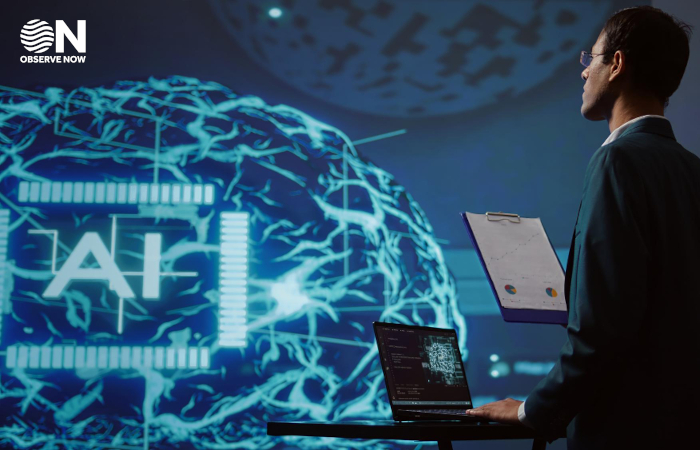Artificial Intelligence, Complexity, and Systemic Resilience in Global Governance

In the contemporary landscape of global governance, the integration of artificial intelligence presents both opportunities and challenges. Delving into the multifaceted role of AI in enhancing the resilience of complex systems that underpin global governance structures, the increasing complexity of global governance systems, characterized by intricate interdependencies and dynamic interactions among various actors and institutions are acknowledged.
In such a context, the resilience of these systems and their ability to absorb shocks and adapt to changing circumstances is paramount. AI emerges as a potential tool to bolster this resilience by providing advanced analytical capabilities, predictive modeling, and decision-support mechanisms. First, AI’s capacity to process vast amounts of data enables the identification of emerging trends and potential disruptions in real-time. This predictive capability allows for proactive measures to mitigate risks before they escalate into crises. Second, AI-driven simulations and scenario analyses can aid policymakers in understanding the potential outcomes of different policy choices, thereby informing more robust decision-making processes.
However, one should caution against the uncritical adoption of AI in governance. The risks associated with algorithmic biases, lack of transparency, and the potential erosion of human agency in decision-making should not go unnoticed. Furthermore, it is important to integrate AI into governance frameworks in a manner that enhances inclusivity and equity. This involves ensuring that AI systems are designed and implemented with diverse perspectives in mind, and that they do not exacerbate existing inequalities or marginalize vulnerable populations.
A possible framework for incorporating AI into global governance that emphasizes adaptability, learning, and collaboration. They advocate for iterative processes that allow for continuous feedback and refinement of AI systems, as well as for cross-sectoral partnerships that bring together stakeholders from different domains to co-create solutions.
In conclusion, AI holds significant promise for enhancing the resilience of global governance systems, its integration must be approached with caution and deliberation. By acknowledging the complexities and potential pitfalls, and by fostering inclusive and adaptive frameworks, AI can be harnessed to support more robust and responsive governance structures in an increasingly interconnected world.
















